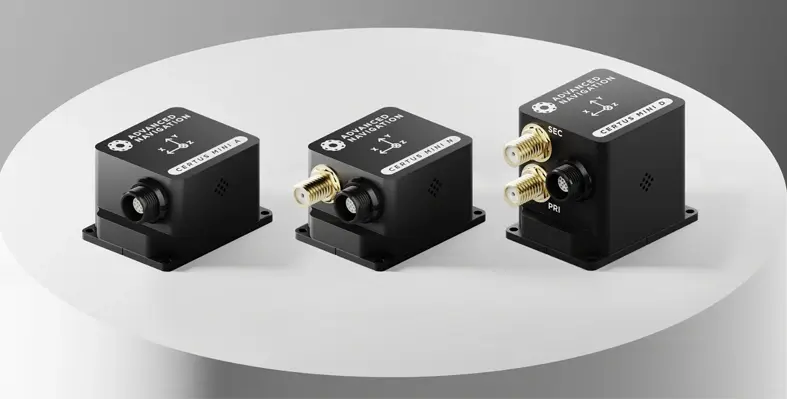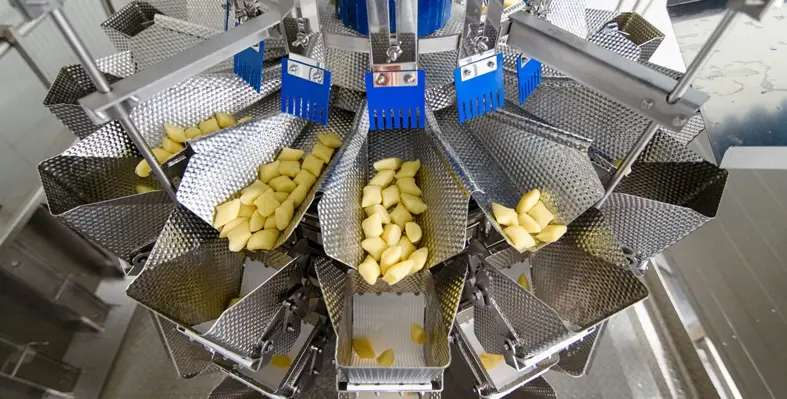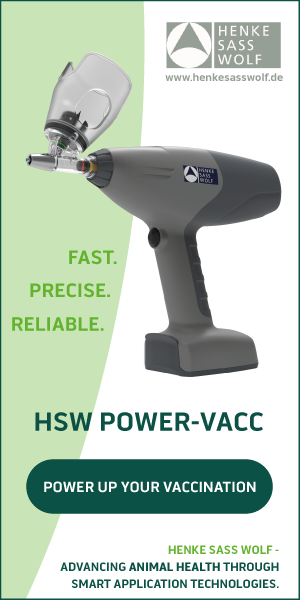
CommodiTrack is a dynamic, interactive platform that allows users to track, forecast and strategise to improve supply chain resiliency. (Image source: Helios)
Helios Artificial Intelligence, Inc., the leading AI company that predicts the price and availability of agricultural commodities, recently launched CommodiTrack, a revolutionary AI platform that gives agrifood buyers and traders unprecedented access to the climate risks impacting the commodities they care about
CommodiTrack is a dynamic, interactive platform that allows users to track, forecast and strategise to improve supply chain resiliency. The platform uses Helios’ proprietary climate risk data set which includes over 500 billion unique risk signals generated by custom machine learning models specific to more than 50 crops being tracked, rather than generic weather information, giving users a unique advantage to predict where and why disruptions are likely to occur.
CommodiTrack not only transforms how users interact with and interpret agricultural commodity data, but also integrates critical elements such as climate risk factors, price forecasting, demand and supply signals and more — data that was previously scattered or inaccessible — all on one platform, providing not only comprehensive data but also actionable insights.
One of the unique features of CommodiTrack is the WA%R (Weighted Average Risk Ratio), a proprietary metric that quantifies climate risk by assessing the number of high-risk locations within the global market. The higher the WA%R, the greater the likelihood of a price shift for the commodity in question.
The CommodiTrack dashboard also offers a range of features tailored to meet the needs of commodity traders, procurement leaders and market analysts including climate risk analysis, price forecasting & trading signals, trade insights, climate change trends, supply chain visibility and expansive news coverage. While the initial release of the product focused on the top eight globally traded commodities such as corn and wheat, the platform analyses billions of signals in real time to empower organizations to be one step ahead of the market.
“The launch of CommodiTrack is our response to the urgent needs of our customers in the face of increasing climate disruptions. Agrifood buyers and traders have never seen this level of climate and price volatility before, and the tools they’ve historically relied on are no longer working,” said Francisco Martin-Rayo, co-founder and CEO of Helios. “With this new platform, we are democratising access to the world’s best climate risk information so our customers can quickly identify and react to the climate risks impacting their supply chains.”








